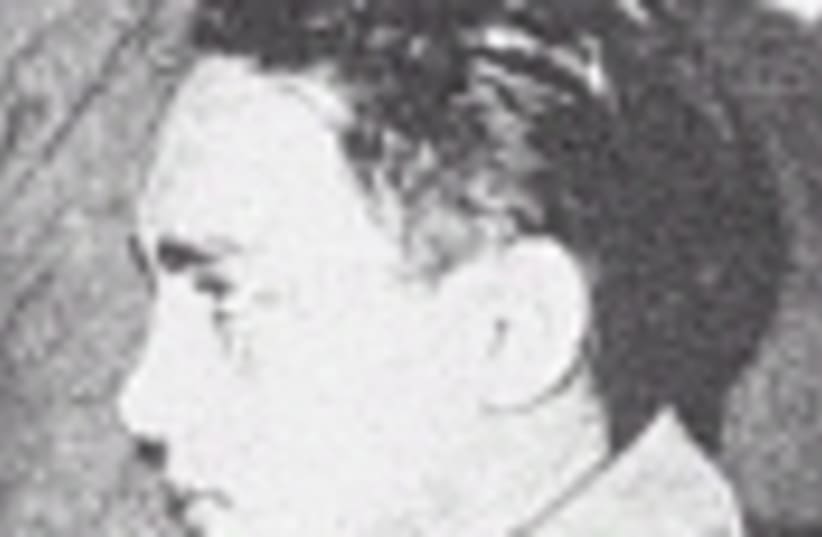| More about: | Heinrich Himmler, Czechoslovakia, My Mother, Germany |
The October 1938 precursor to Kristallnacht
When a knock on the door meant terror for 'stateless' Jews in Germany.


| More about: | Heinrich Himmler, Czechoslovakia, My Mother, Germany |